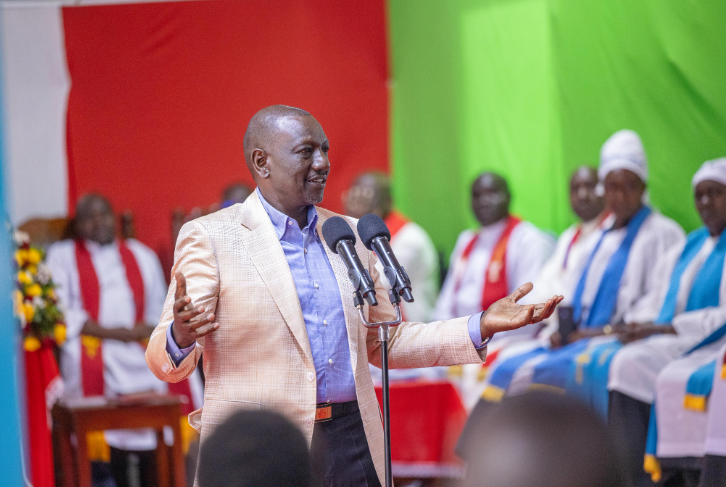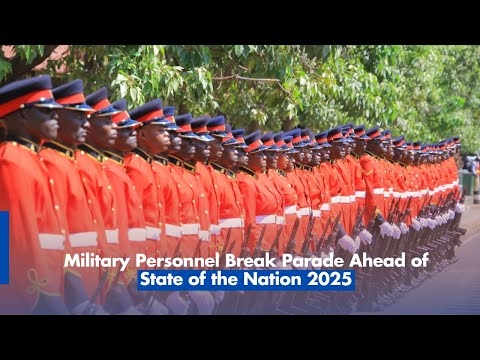
President William Ruto has assured Kenyans that access to education will not be compromised, even as the country grapples with tough economic conditions.
Speaking during a church service at ACK St. Martins Parish
Light Industries Church in Kariobangi on Sunday, President Ruto emphasised that
primary and secondary education remain a constitutional right and a core
government priority.
“Education is the greatest empowerment that any society or country can give its people,” Ruto said. “It must be affordable, accessible, of good quality, and relevant," he said.
The President’s remarks come just days after Treasury Cabinet Secretary John Mbadi caused a stir by stating that the government can no longer afford to fully fund free primary and secondary education due to budgetary constraints.
In a direct rebuttal to those concerns, Ruto moved to reassure the public that his administration is committed to ensuring that no child is denied an education due to financial challenges or lack of teachers.
“I want to give assurance that education cannot be compromised—not access, not quality, not affordability, and not relevance,” the President stated.
Ruto highlighted steps his government has taken over the past two years to strengthen the education sector, including hiring more teachers, increasing infrastructure funding, and expanding digital learning access.
He also lauded the church for its continued partnership in promoting education, particularly in underserved communities.
Meanwhile, Mbadi has stood by his earlier statements, telling Parliament’s Education Committee on July 24 that the government is no longer able to sustain full capitation for every student due to rising enrollment and limited fiscal space.
“The current financial muscle cannot meet the full cost per student,” Mbadi said, revealing that the capitation grant for secondary school students has been reduced from Sh22,244 to Sh16,900 per learner.
He stressed that while education remains a national priority, the economic reality requires a shift toward more realistic funding models, possibly involving cost-sharing mechanisms with parents and communities.
Mbadi’s remarks have sparked nationwide debate, with education stakeholders expressing concern over the future of free basic education.






![[PHOTOS] Betty Bayo laid to rest in Kiambu](/_next/image?url=https%3A%2F%2Fcdn.radioafrica.digital%2Fimage%2F2025%2F11%2F3b166e2e-d964-4503-8096-6b954dee1bd0.jpg&w=3840&q=100)








